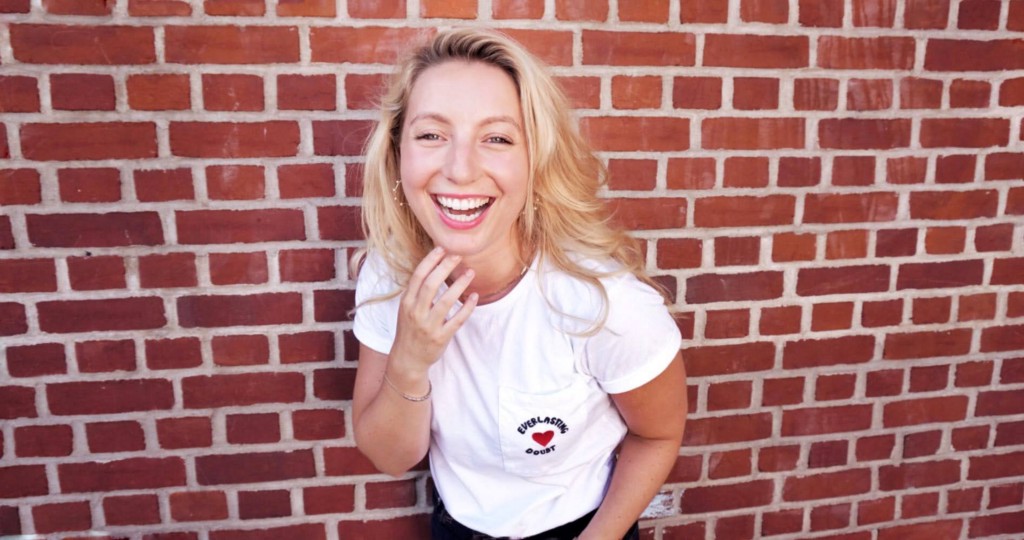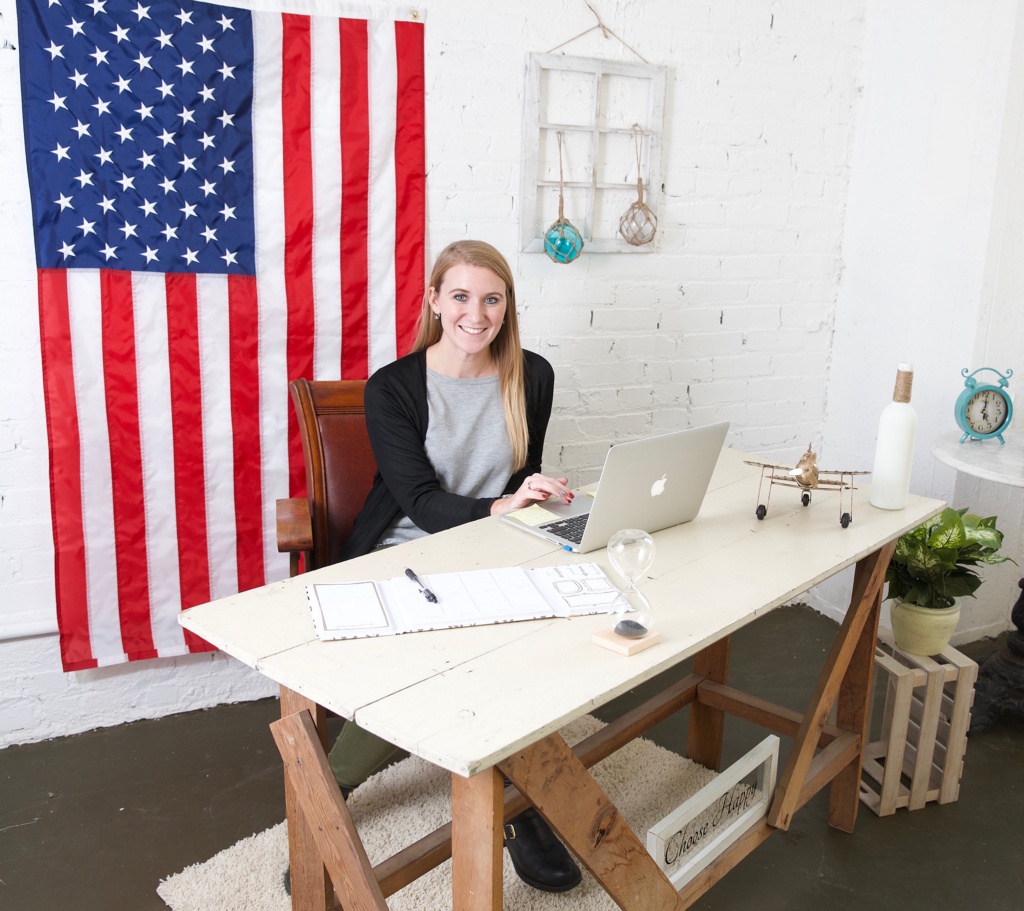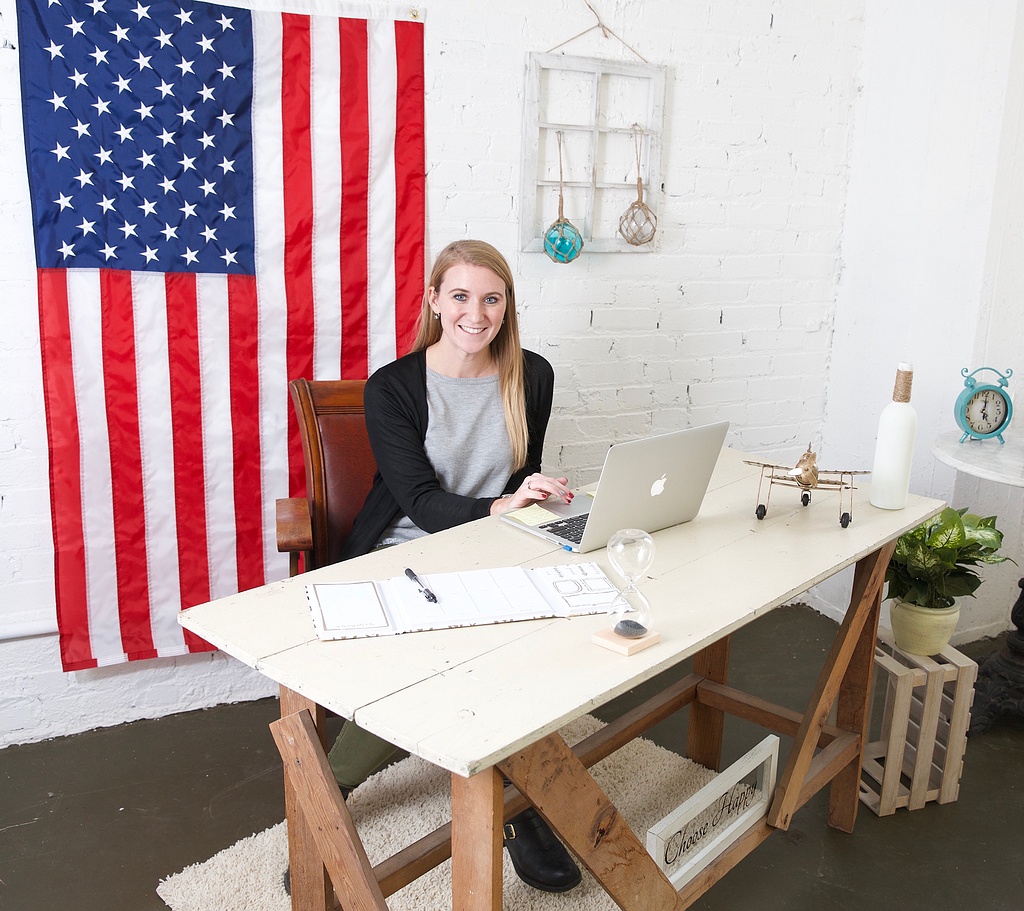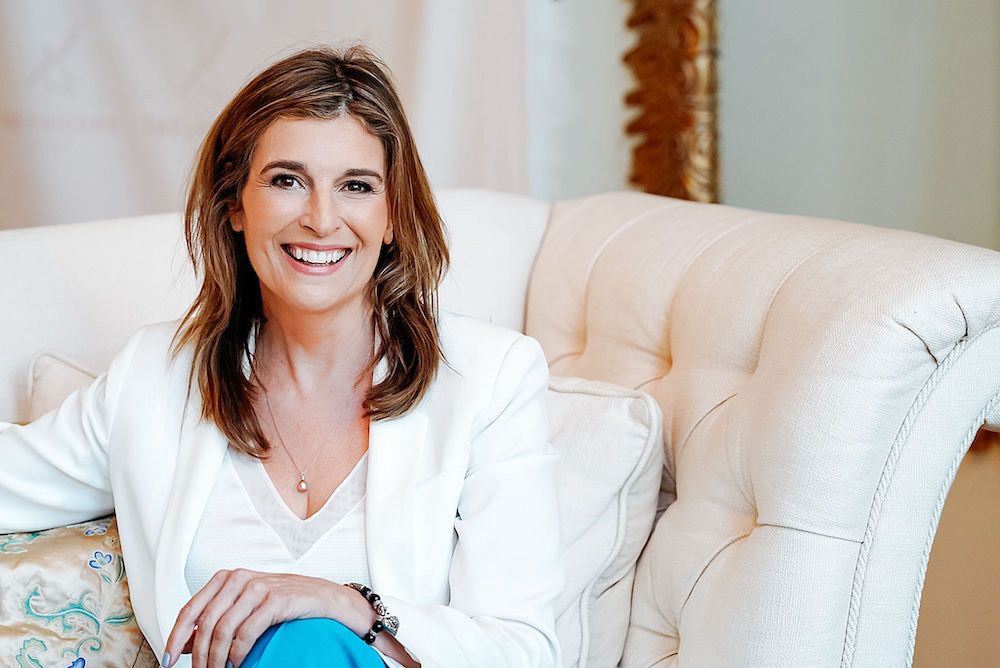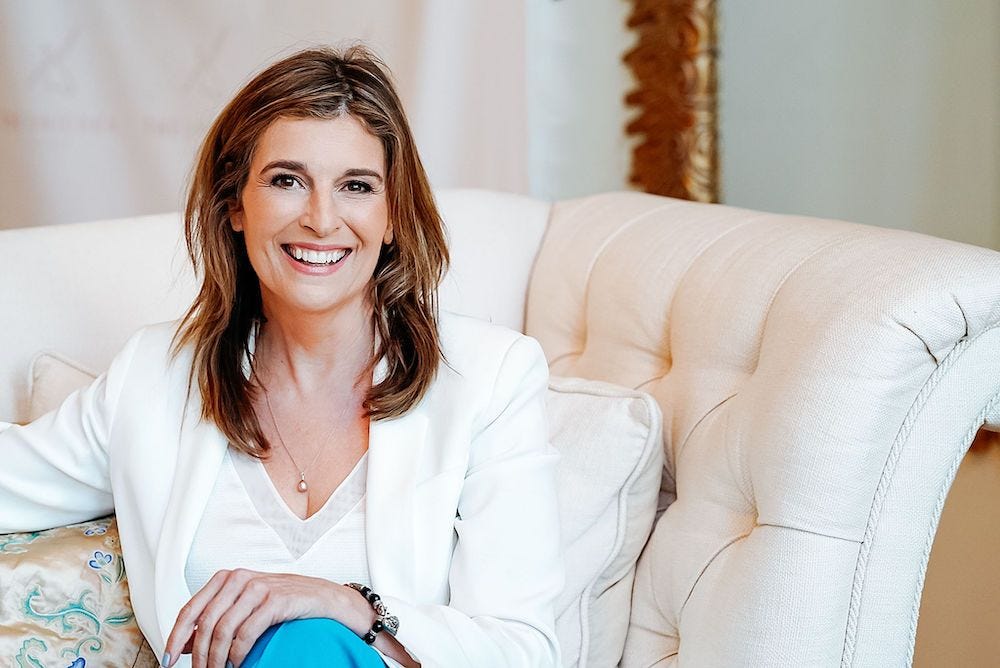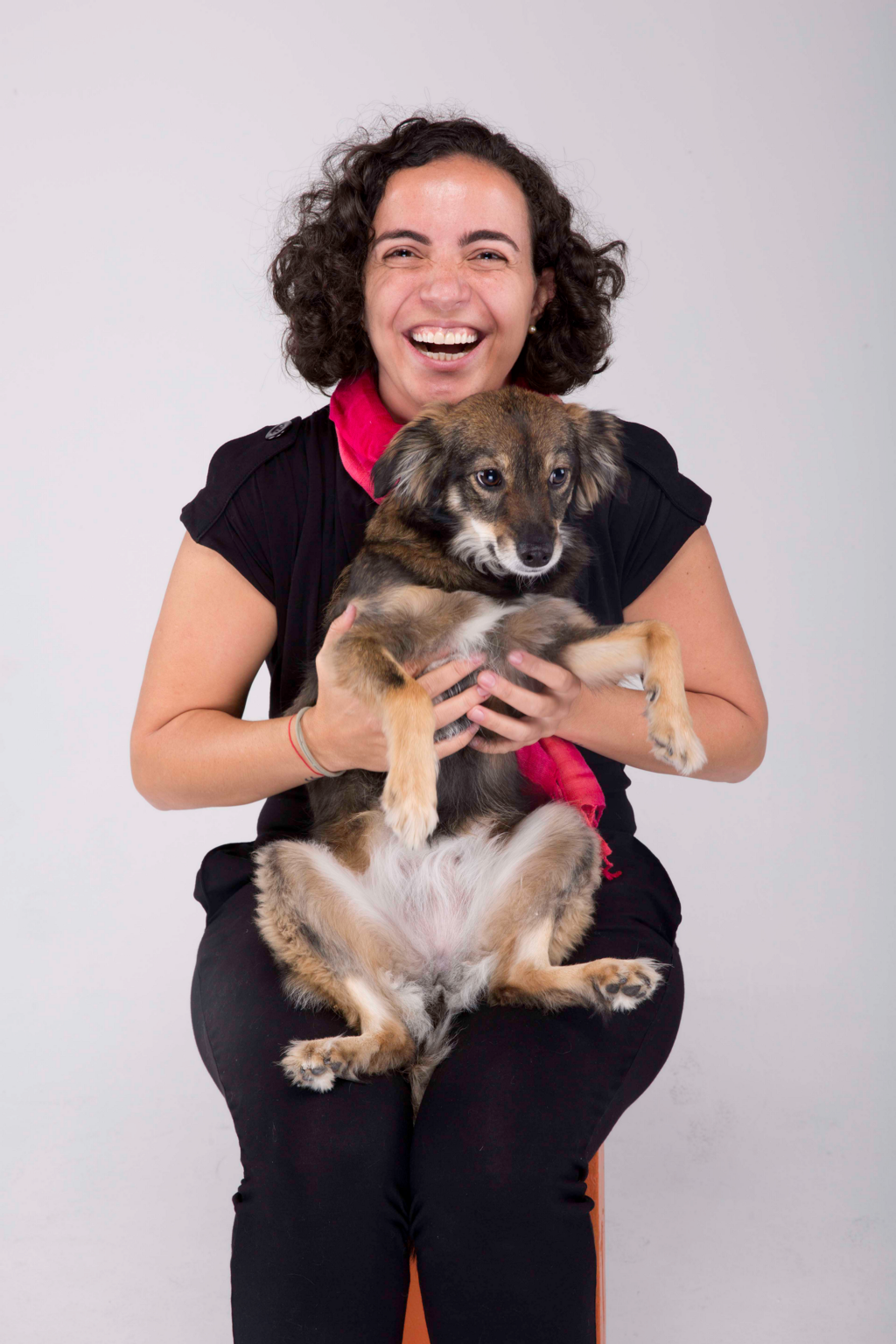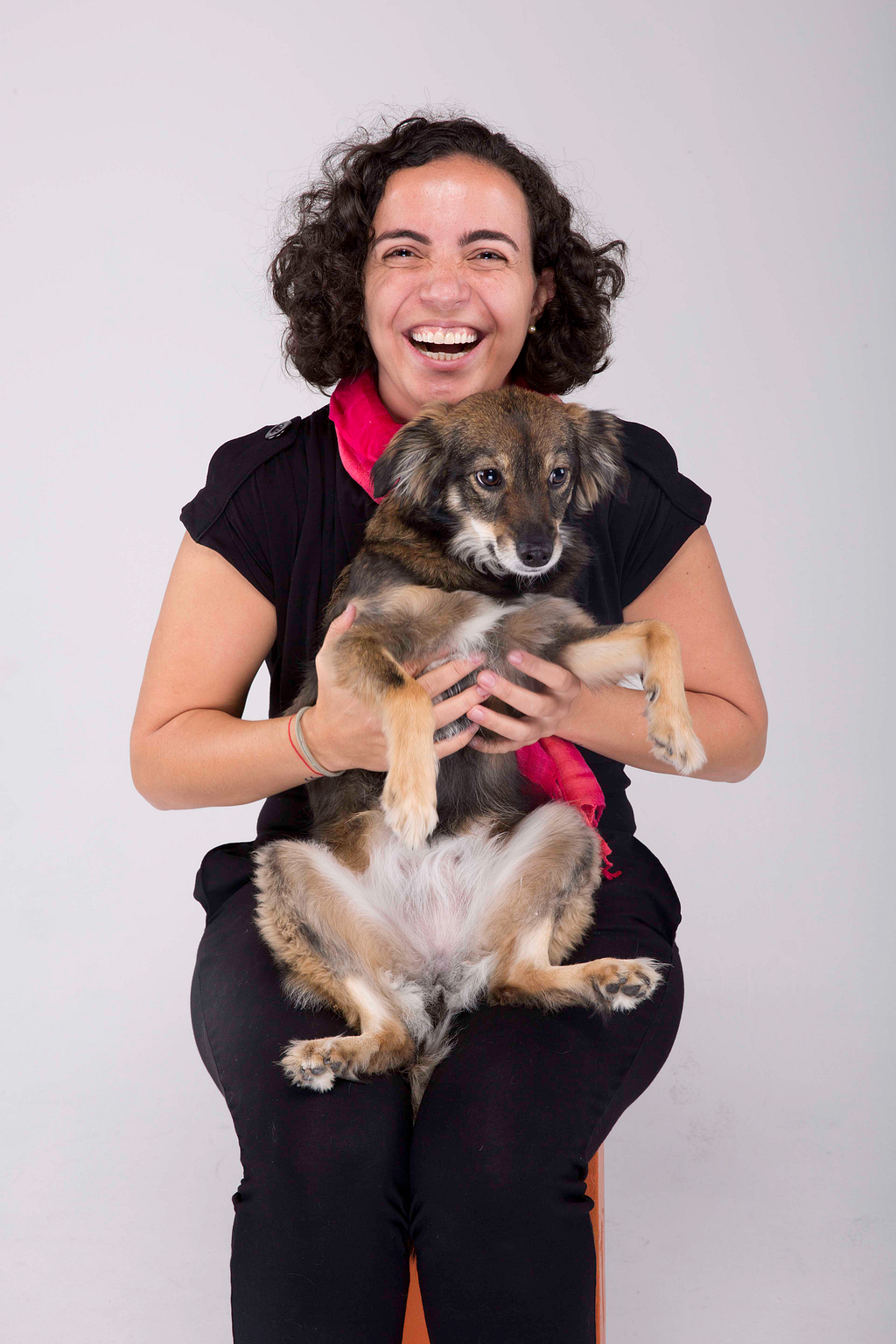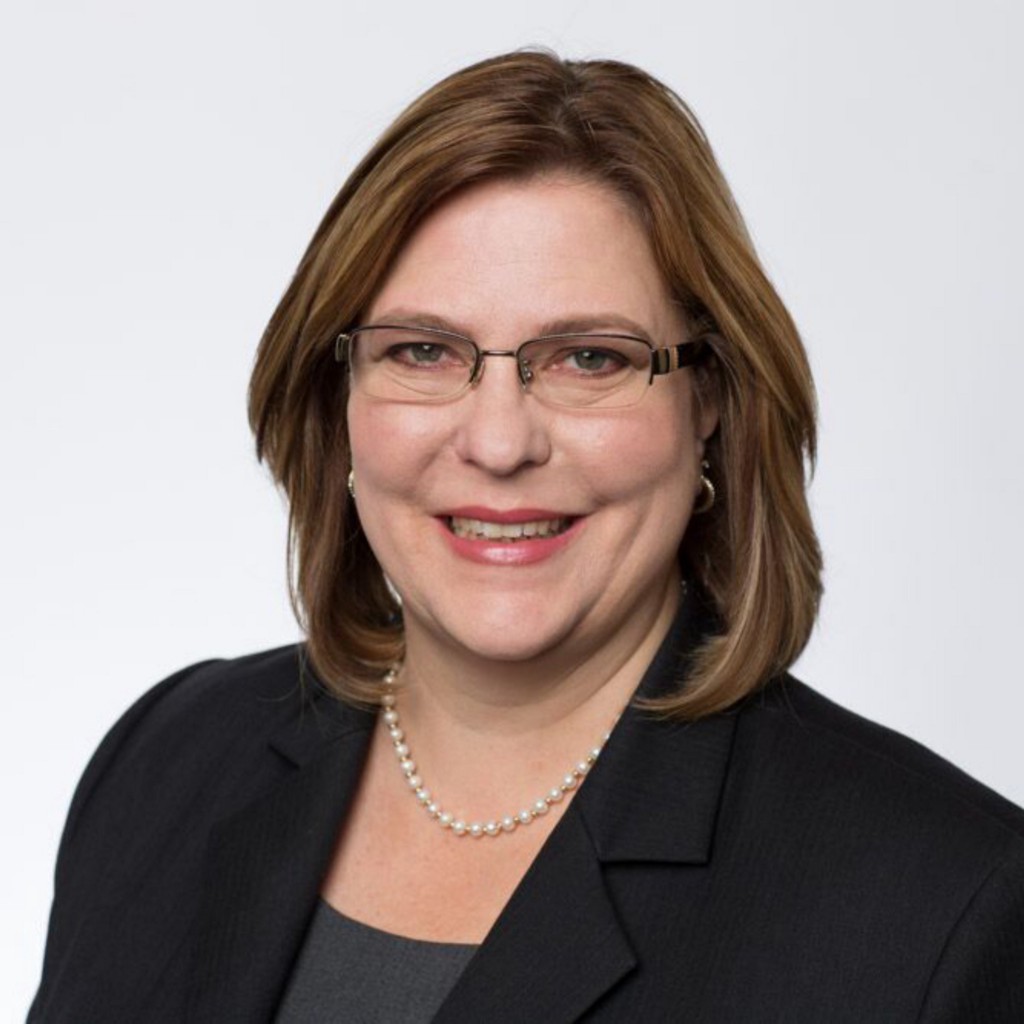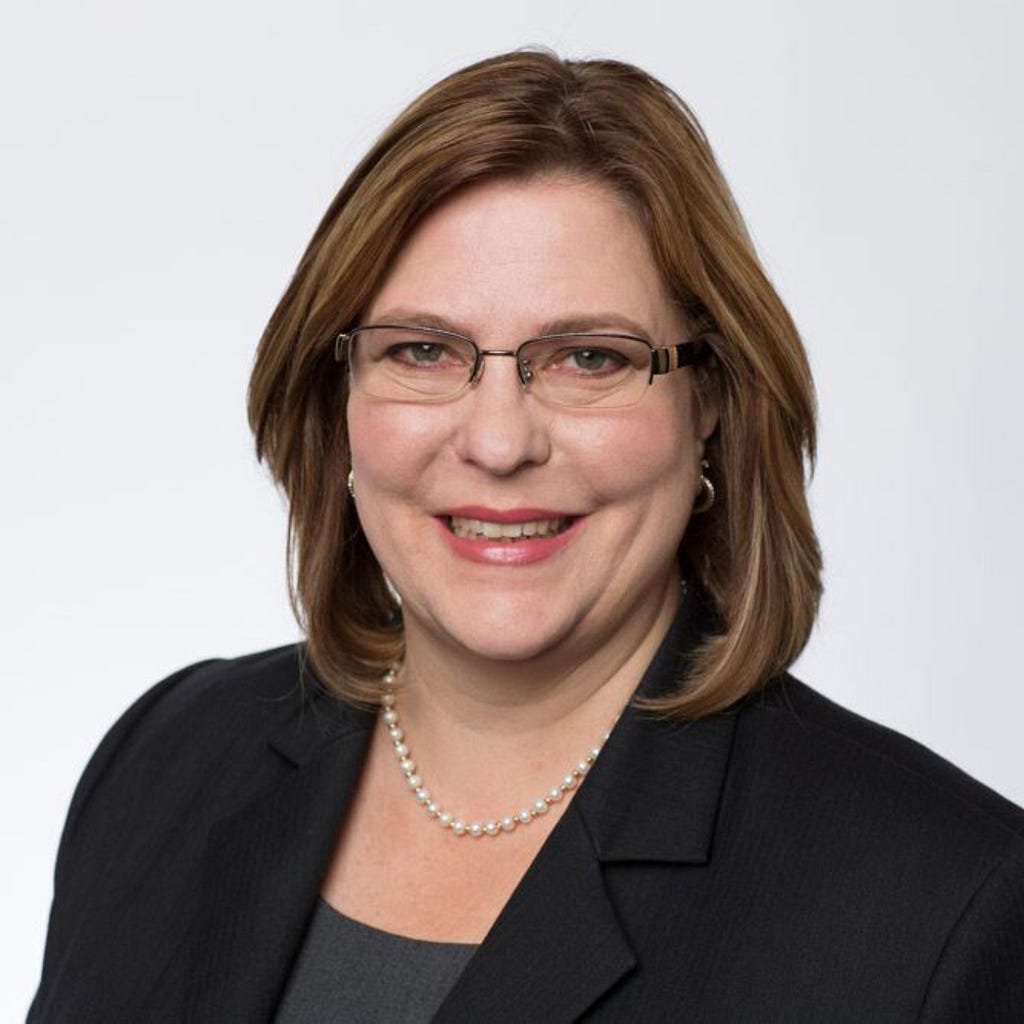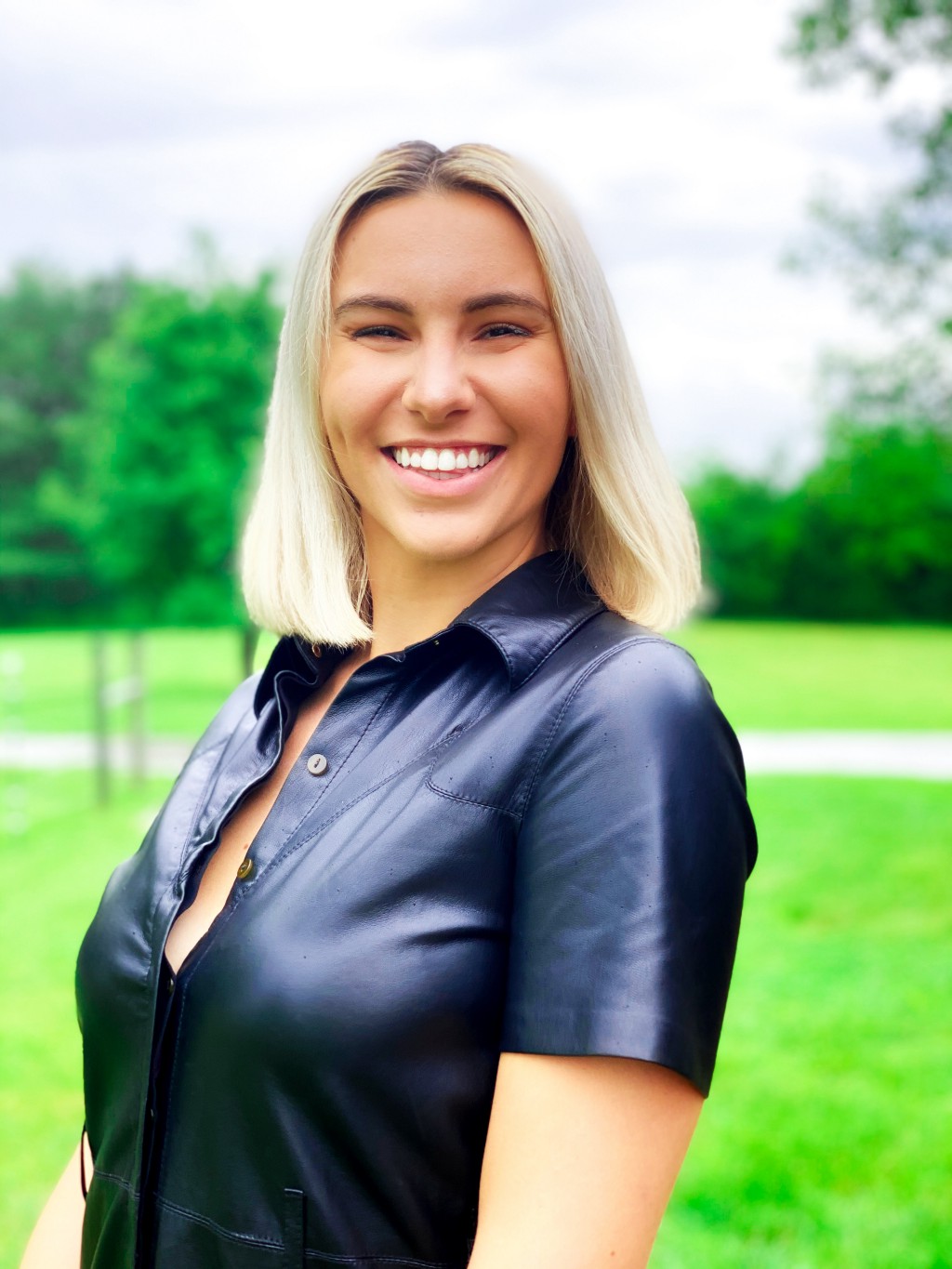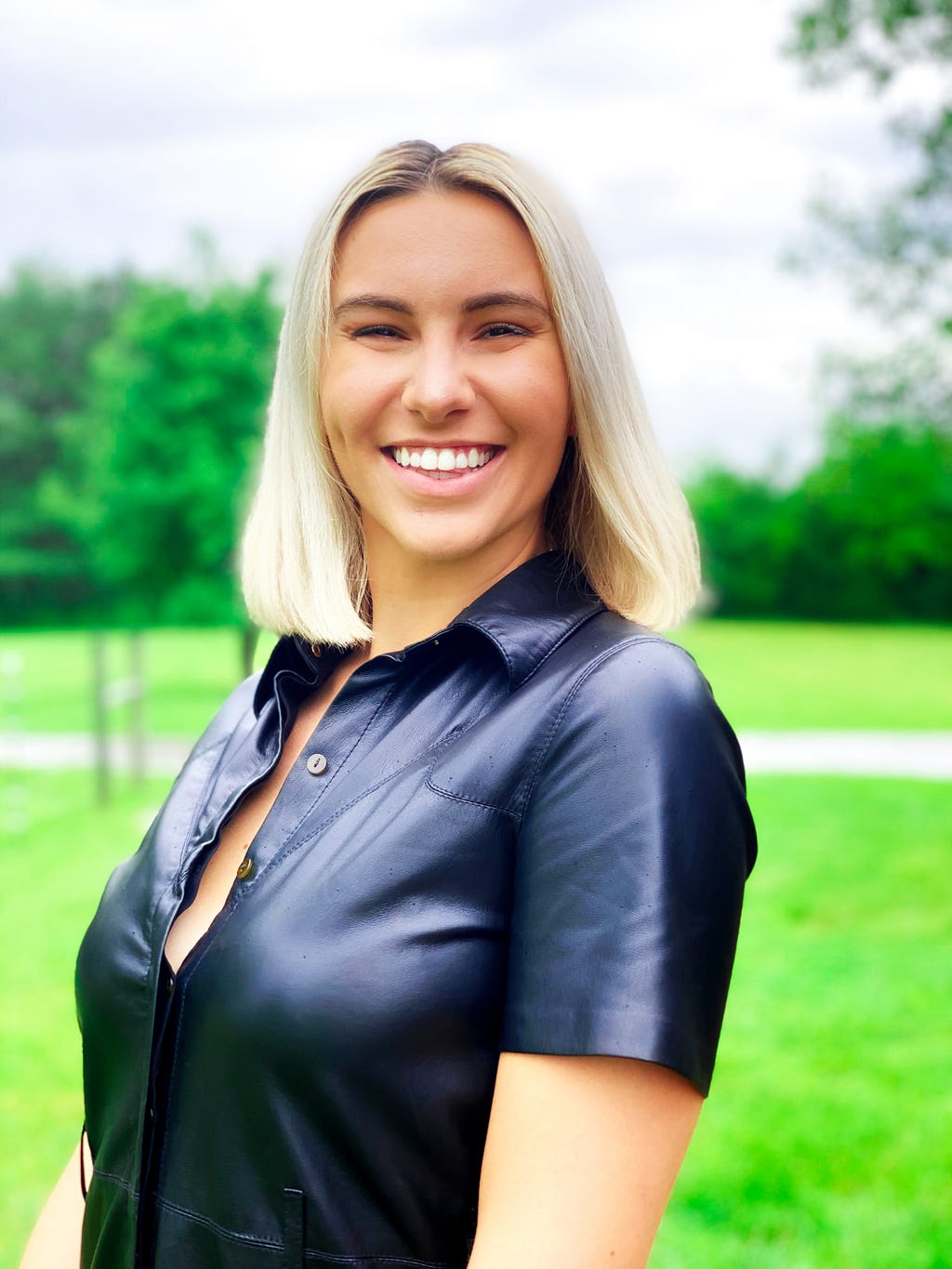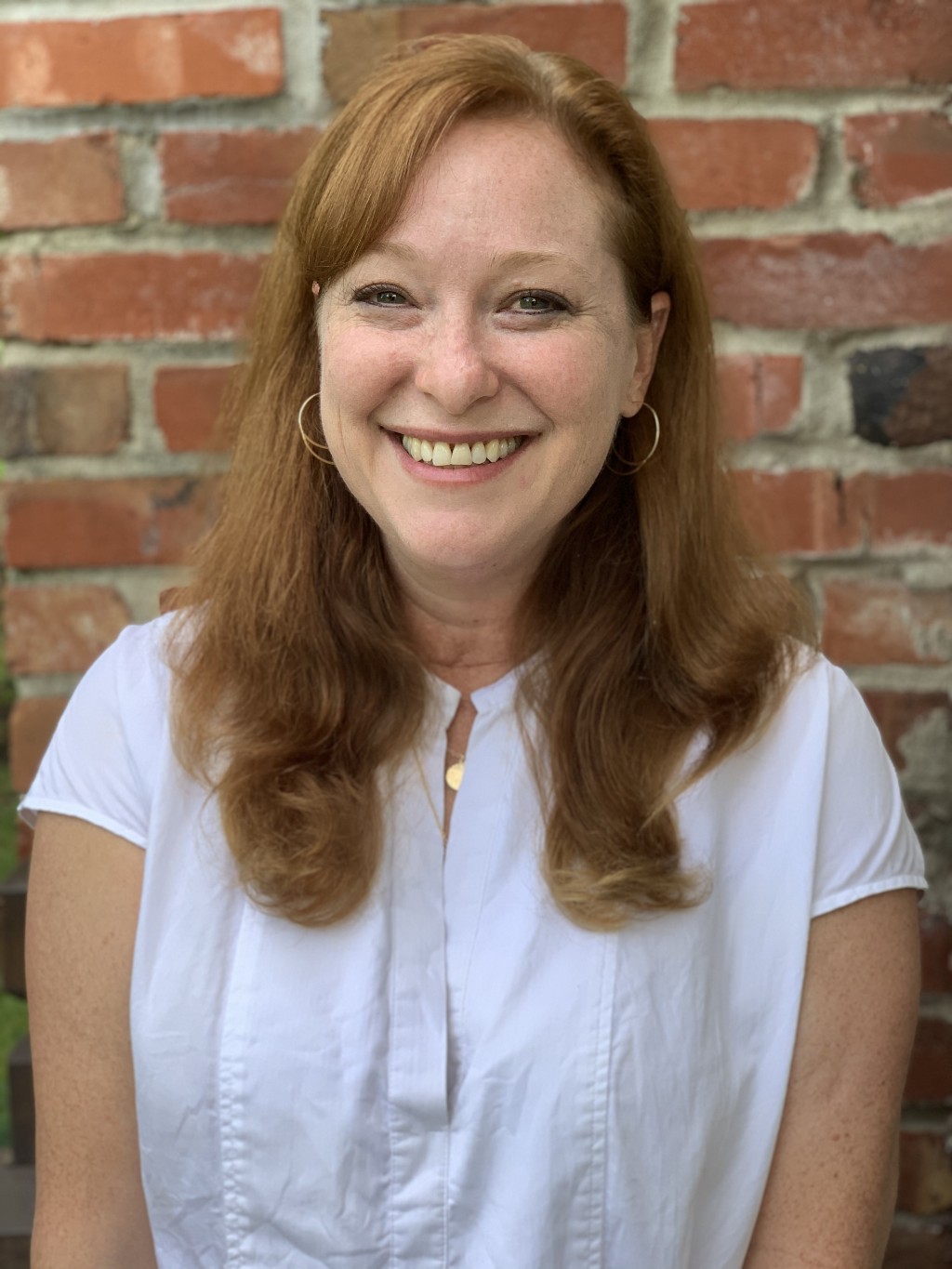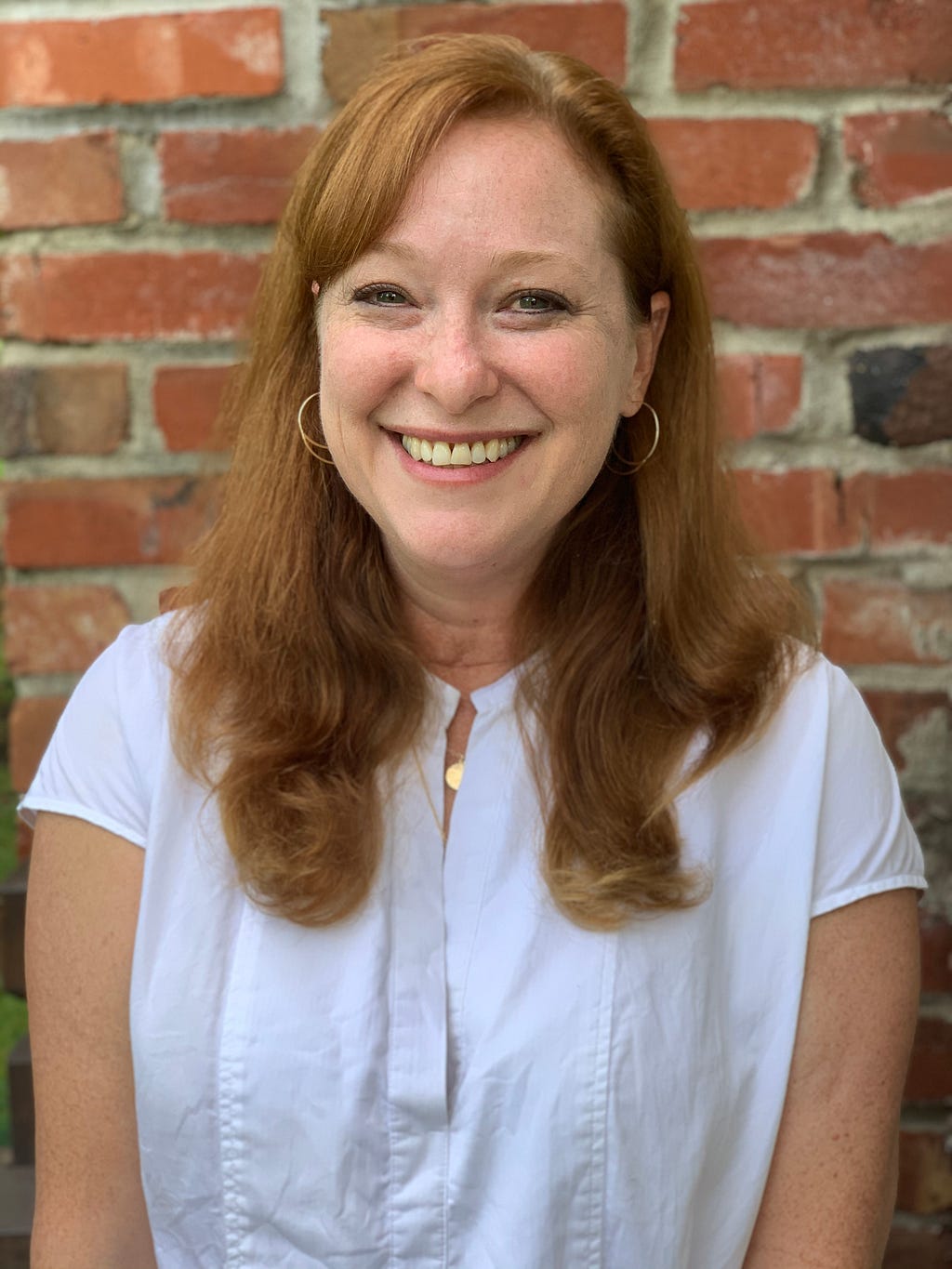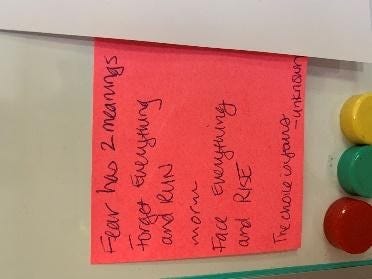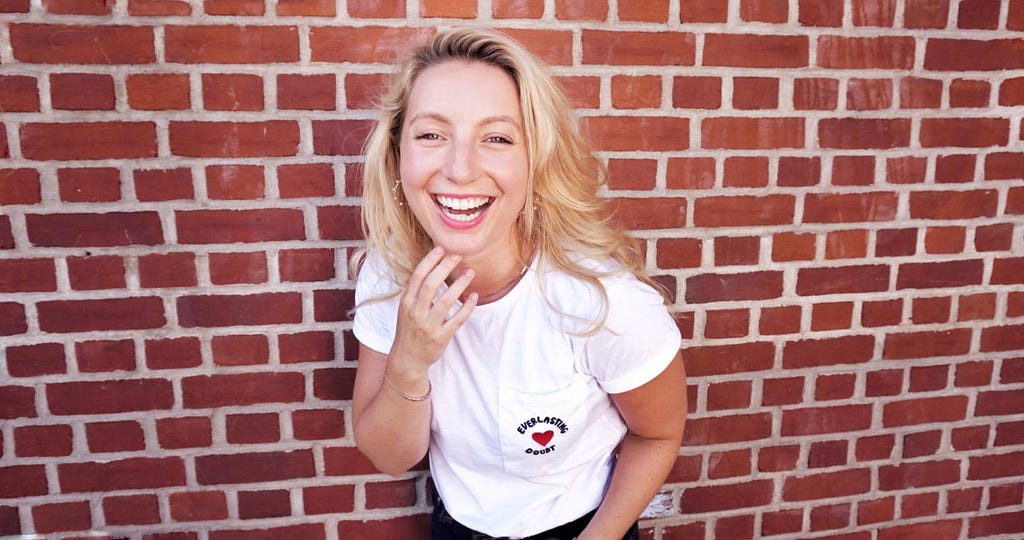
It’s okay if you watch Netflix at 2:30 — In the very early days of trying to start a business, you’ll somehow be insanely overwhelmed and simultaneously at an utter loss for what actual work to do. I can’t tell you how many days it was 2:30 p.m. and I just had no clue where I should put my efforts next. Everyone I spoke to made it sound like founders can barely come up for air (which, three years later on my second venture, is now the case), but when I first decided to take the leap, quit my job, and ‘start something’, I felt guilty for not spending every hour of every day working on my business. Filling the time is tough. But if you keep at it, keep writing down what excites you, keep having conversations with other founders (and complete strangers), I promise, eventually you’ll create the work for yourself. And it’ll be great work.
As a part of our series about business leaders who are shaking things up in their industry, I had the pleasure of interviewing Jordan Scott.
Jordan Scott is the founder and CEO of Cobble, the very first app for ‘life after the swipe’. Cobble is a decision-making engine for committed couples who are tired of the nightly “What do you want to do tonight?” conversation. Cobble curates high-quality, interesting, fun content. If you like it, swipe right. If you don’t, swipe left. When you and your significant other both swipe right, you match. And you’re on your way to a night you really needed. Scott is a graduate of NYU, and previously worked at CBS This Morning, NBC, Cosmopolitan, Yahoo!, and Refinery29.
Thank you so much for doing this with us! Before we dig in, our readers would like to get to know you a bit more. Can you tell us a bit about your “backstory”? What led you to this particular career path?
I had an incredibly creative education at NYU — focused on journalism, creative writing and screenwriting. Once I landed my dream job at CBS, I realized I couldn’t point to any job around me that I wanted. That’s when I recognized a huge white space in the market. After dating apps, what’s next? What happens once you enter a committed relationship? There’s no help for all the myriad decisions you make together. Dating apps stop at the match — neglecting an entire lifetime of future matches. While I didn’t ever plan on becoming an entrepreneur, now that I am, I can’t imagine any other life. I think the most important ingredient to a founder is passion. If you absolutely love the problem you’re solving, nothing can stop you.
Can you tell our readers what it is about the work you’re doing that’s disruptive?
I’m going to take an unpopular stance here. I don’t think a startup needs to be disruptive in order to be successful. In fact, I think discovering an entirely untapped channel that enhances the world (and existing companies) around you is a better and more sustainable way to grow and delight millions of users, instead of trying to push out the incumbent and going to war. It’s certainly helped in our ability to raise money — our investors know we’re not trying to compete with Amazon.
That being said, what we’re doing is completely novel. The problem we’re solving is one that’s gone unrecognized for too long. The fact that we’re on a mission to solve decision-making is no small feat, but we believe we have the system, the interface, and the right target audience to create the spark necessary for it to happen. We’re starting with couples. The same way Mark started with Ivy Leagues, and Jeff started with books.
Can you share a story about the funniest mistake you made when you were first starting? Can you tell us what lesson you learned from that?
I was invited last minute to a big event run by Entrepreneur Magazine — tons of incredible speakers, networking, and more. There was also a 60-second pitch competition running throughout the day. The finalists would present on stage as the finale, and whoever won got a spot on their TV show, Elevator Pitch. I had only just thought of the idea for Cobble (it wasn’t even called Cobble at that point) and had never pitched in my life. Everyone had to sign-up in advance for the pitch competition, however, there was a big storm in NYC and a bunch of people couldn’t fly in, so there were open spots. Somehow, I found myself sitting in a room with a bunch of other nervous founders, holding products, materials, posters, suited up, and whispering to themselves. I was panicking with my phone in my hand, no idea what I was going to say in 60 seconds. When I was taken into the room, they put a mic on me, the lights were so bright I couldn’t see any of the judges, and within seconds they said “go”. I made it through about 15% of what I thought I could say when they said “time”. The lights went down, the judges looked confused, and I was apologizing for my clear lack of preparation. One judge said, “you had our interests piqued at least!” I left, called my fiancé to tell him how terribly that had gone, but he said he was proud of me for trying anyways. 20 minutes later, I got a text that I had somehow made it as a finalist and would be pitching on stage to the entire conference. I still had no idea what I could possibly say in 60 seconds. I faced a wall, memorized five sentences, got on stage, said my five sentences, and ended up winning. There could not be a clearer lesson to try things that scare you. Even though the first part of this story was terrifying (and embarrassing), I never would’ve gotten on that stage any other way.
We all need a little help along the journey. Who have been some of your mentors? Can you share a story about how they made an impact?
There’s one trait all of my mentors have in common: a deep-seated belief that I can get it done. A great mentor makes you feel capable. From my AP U.S. History teacher, Mrs. Rudolph, believing I could ace the AP exam, to my dad believing I can ace…pretty much anything I put my mind to. Knowing I have brilliant brains on my side gets me through. That’s how I feel about my current team now, too. I hope over the next few years, I’m able to continue hiring new mentors into the team that I create for Cobble. Already everyone I’ve brought on — from Marie Graver, our CFO, to Alexander Ayache, our lead backend engineer — are all light years ahead of me in their unique expertise, bringing knowledge and lending credibility to me, our product and mission.
My high school screenwriting teacher, and organizer of the fall play, gave me one of my first tastes of running a mini company. I was in the “theater group” in school, but I didn’t love being on stage and acting (I had horrible stage fright). I still wanted to be involved my Junior year when we were putting on the fabulous comedy “Rumors” by Neil Simon. All of my friends were auditioning, planning to spend hours after school together for months. I told Mr. Maycock how I wish I could be involved in a more serious capacity, without being on stage. He bestowed the honor of Student Director on me. I helped him cast the show, attended every rehearsal to take notes, and generally saw how the production came togheter on opening night.
In today’s parlance, being disruptive is usually a positive adjective. But is disrupting always good? When do we say the converse, that a system or structure has ‘withstood the test of time’? Can you articulate to our readers when disrupting an industry is positive, and when disrupting an industry is ‘not so positive’? Can you share some examples of what you mean?
It truly depends on the context. Disrupting an industry can be good for society (perhaps when the current system is broken or corrupt) but not the disrupted. Conversely, disruption presents obstacles for the disrupter (i.e. dislodging the incumbent) that increase exponentially relative to the amount of disruption. Most disrupters fail for this reason. Hence, from an entrepreneur’s perspective, disruption presents great risk to ultimate success.
Can you share 3 of the best words of advice you’ve gotten along your journey? Please give a story or example for each.
It’s okay if you watch Netflix at 2:30.
In the very early days of trying to start a business, you’ll somehow be insanely overwhelmed and simultaneously at an utter loss for what actual work to do. I can’t tell you how many days it was 2:30 p.m. and I just had no clue where I should put my efforts next. Everyone I spoke to made it sound like founders can barely come up for air (which, three years later on my second venture, is now the case), but when I first decided to take the leap, quit my job, and ‘start something’, I felt guilty for not spending every hour of every day working on my business. Filling the time is tough. But if you keep at it, keep writing down what excites you, keep having conversations with other founders (and complete strangers), I promise, eventually you’ll create the work for yourself. And it’ll be great work.
Never lay down!
While this seems to be in complete opposition to the above, I think the two work like magic together. It’s called balance! My Portuguese immigrant Grammy used to say this whenever she mentioned she didn’t feel well, and someone responded with, ‘why don’t you go lay down for a little while?’ She always felt the best medicine was to stay moving. As a founder, there’s going to be plenty of times you don’t feel well. Never lay down.
Sing with abandon.
My grandma on my dad’s side told me this after seeing me perform in a concert from my voice lessons. She thought my awareness of everything going on prevented me from really shining. I think this also applies to business. It’s like a combination of “stay in your lane” and “just do it”.
Lead generation is one of the most important aspects of any business. Can you share some of the strategies you use to generate good, qualified leads?
Quality content is queen. I prefer that over “content is king” because in 2020, guess what? People know the difference between solid, interesting, novel content and crap. The best (and most repeatable) way I’ve continued to grow my audience is through our unique angle in creating content, and the way we mold that content depending on the channel. Whether it’s a Date Night Ride-a-Long on our Instagram in which a unique couple takes our entire audience out on an experience with them, or our “Relationship Stuff We Love” section in our newsletter where we curate the best stories around love, sex, relationships, and decision-making, our content is mindful, intentional, and we never put anything out we wouldn’t want to read ourselves. This creates a dedicated audience that are much more likely to turn into dedicated users.
We are sure you aren’t done. How are you going to shake things up next?
Of course, we plan on expanding in every direction — because the business we’re in, decision-making, applies to limitless use cases. Not only geographically, helping couples better spend their time, energy and money together in the cities they live, but in content (“What Airbnb should we stay in? What should we watch on Netflix?”) and lastly, in expanded user groups. If you think making decisions in your own relationship is hard, expand it to three other couples and you’ve got an entirely new problem. Cobble brilliantly lends itself to becoming social, as adding input from other users only makes it easier to come to a conclusion and take action.
Do you have a book, podcast, or talk that’s had a deep impact on your thinking? Can you share a story with us? Can you explain why it was so resonant with you?
The How I Built This podcast has been especially impactful, as I listened to it every morning on the subway on my way to work from Day 1 of starting my business. Listening to how others overcame obstacles and reached greatness is the ultimate way of pumping yourself up and feeding your passion.
Can you please give us your favorite “Life Lesson Quote”? Can you share how that was relevant to you in your life?
“It ain’t what you don’t know that gets you into trouble. It’s what you know for sure that just ain’t so.” Mark Twain said that. Launching a startup is full of unknowns. Know that you don’t know. Know that you can figure it out by surrounding yourself with the right people and keeping an open mind.
You are a person of great influence. If you could inspire a movement that would bring the most amount of good to the most amount of people, what would that be? You never know what your idea can trigger. 🙂
It would be Cobble. If anyone has a response other than their startup, they’re not building the company they should be building. Cobble is a movement that aims to give life back to its users — it’s about making a decision and taking action. Unlike most technology and apps today, all aiming to take your attention and time, Cobble is successful when we take as little of your time and energy as possible.
How can our readers follow you online?
Please download Cobble on the app store! Android coming soon, promise. You can also follow us on all social channels — including @cobbleapp on Instagram.
This was very inspiring. Thank you so much for joining us!
Female Disruptors: Jordan Scott of Cobble On The Three Things You Need To Shake Up Your Industry was originally published in Authority Magazine on Medium, where people are continuing the conversation by highlighting and responding to this story.


